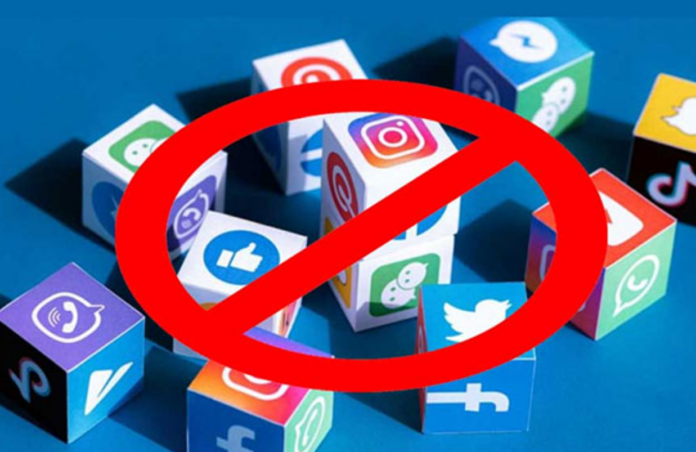A possible ban on social media for under-16s in the UK is “on the table”, the technology secretary Peter Kyle has told the BBC.
Speaking on the Today programme, on BBC Radio 4, he said he would “do what it takes” to keep people and in particular children safe online.
He also announced further research into the impact tech such as smartphones and social media was having on young people, claiming there was currently “no firm, peer-reviewed evidence”.
Kyle has spelt out his priorities in what he called a “letter of strategic intent” to the regulator Ofcom, which is assuming extra powers under the Online Safety Act (OSA).
Campaign group the Molly Rose Foundation welcomed what it called an “important marker for Ofcom to be bolder” but said that should not obscure the fact that the OSA needed to be strengthened.
“Our research is clear. The public and parents back an updated Act that embeds an overarching duty of care on tech firms, and the Prime Minister must act quickly and decisively to deliver this unfinished job,” it said in a post on X.
Aping Australia
The idea of legally restricting social media for young people has come into the spotlight after Australia’s government said it would introduce legislation to ban children under 16 from social media.
Asked whether the UK would follow suit, Kyle said “everything is on the table with me”, but said he wanted to see more evidence first.
He said he was also focused on making sure the powers contained in the OSA, which is coming into effect next year, were used “assertively” by the regulator.
“I just want to make sure that Ofcom knows that government expects them to be used,” he told the BBC.
The OSA demands tech firms take more responsibility for the content on their platforms to protect children from some legal but harmful material.
Kyle said he wanted to see evidence that tech firms were delivering suitable age verification for users, and that the sector was moving towards having “safety baked in from the outset.”
Social media and messaging platforms could face significant fines potentially measured in the billions if they do not comply with the OSA.
It has already led to a range of companies introducing significant changes to how they work – with Instagram creating new teen accounts in September, and Roblox banning young children from messaging others in November.
Nonetheless, critics have consistently said the government needs to do more.
In February, the mother of the murdered teenager Brianna Ghey told the BBC it did not go far enough.
Smartphone curbs
As well as restricting social media for young people, some suggest their use of smartphones should also be more tightly controlled.
Parliament is considering a private members bill which examines how to make children’s digital lives safer.
It will hear evidence from a body called Healthcare Professionals for Safer Screens, which wants curbs on smartphones.
“When I created this group, it was very much pushing on an open door,” said founder and GP Rebecca Foljambe.
“There’s so many health professionals who are worried about this.”
The government has stopped short of banning smartphones in schools but has issued guidance to ensure that all schools implement effective smartphone-free restrictions.
Peter Kyle told the BBC in October he believed the battle over phone use in schools had been won.

